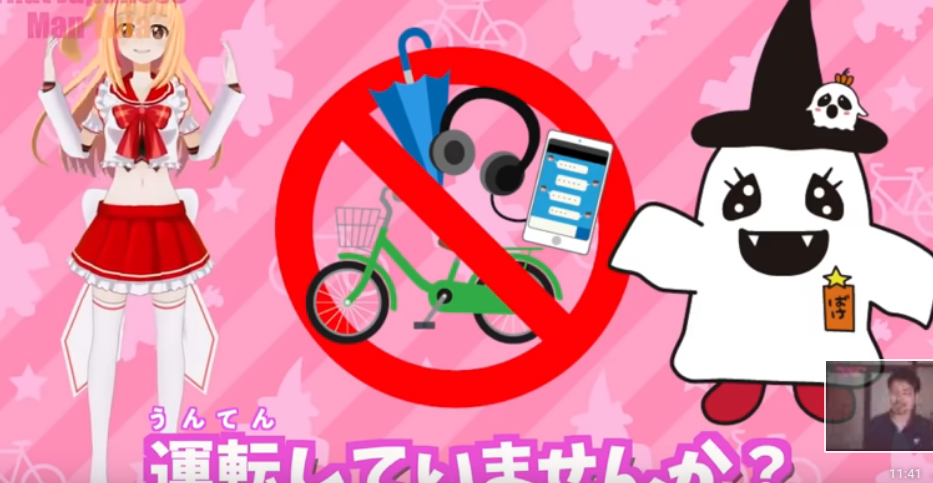Vtuber video cancelled in Japan
After feminist politician group there complained to the police that they 'employ an anime character that depicts a young girl as a sexual object.'
The Vtuber anime character made a video with the Japanese police about how to ride a bike safely.
Although the video was family friendly and the anime character not particularly young-looking, the group didn't like that her breasts swayed when she moved and wore a short skirt that 'exaggerated her sexual appeal.'
The police pulled their links to the video and the video was taken down.
Two other cases in the past several years had the same sequence of events, with NHK (Kizuna Ai talking about the Nobel Prize) and Japanese Red Cross (Uzaki-chan promoting blood donation), and afterwards more people defended the characters than were offended.
The creator of the anime in question said she wears what she wants to wear, not because other people tell her to wear it.
It was pointed out that during 'patriarchy' men shamed women for behavior and types of clothes they wore, suppressing their freedoms, but now 'feminists' are doing the same thing.
One commenter who didn't like the Vtuber wrote, "The VTuber in question is wearing a miniskirt and a school uniform while exposing her midriff. Regardless of the person's intentions, the men watching would naturally view her in a sexual way. The way she speaks is also slow and clumsy, the same way a little girl speaks. She is exactly what men want: a young, innocent, erotic woman. That is why she is so popular. At the very least, I don't want to show off my midriff to a crowd, and I don't want to talk like an idiot."

